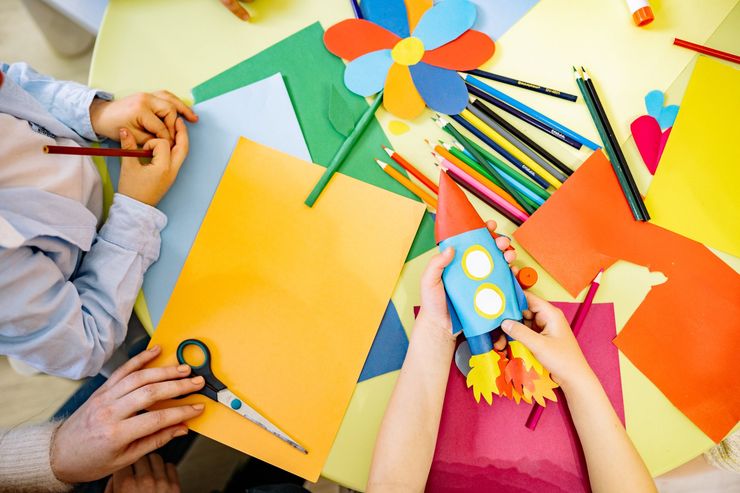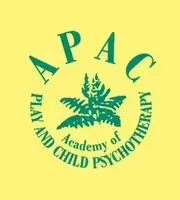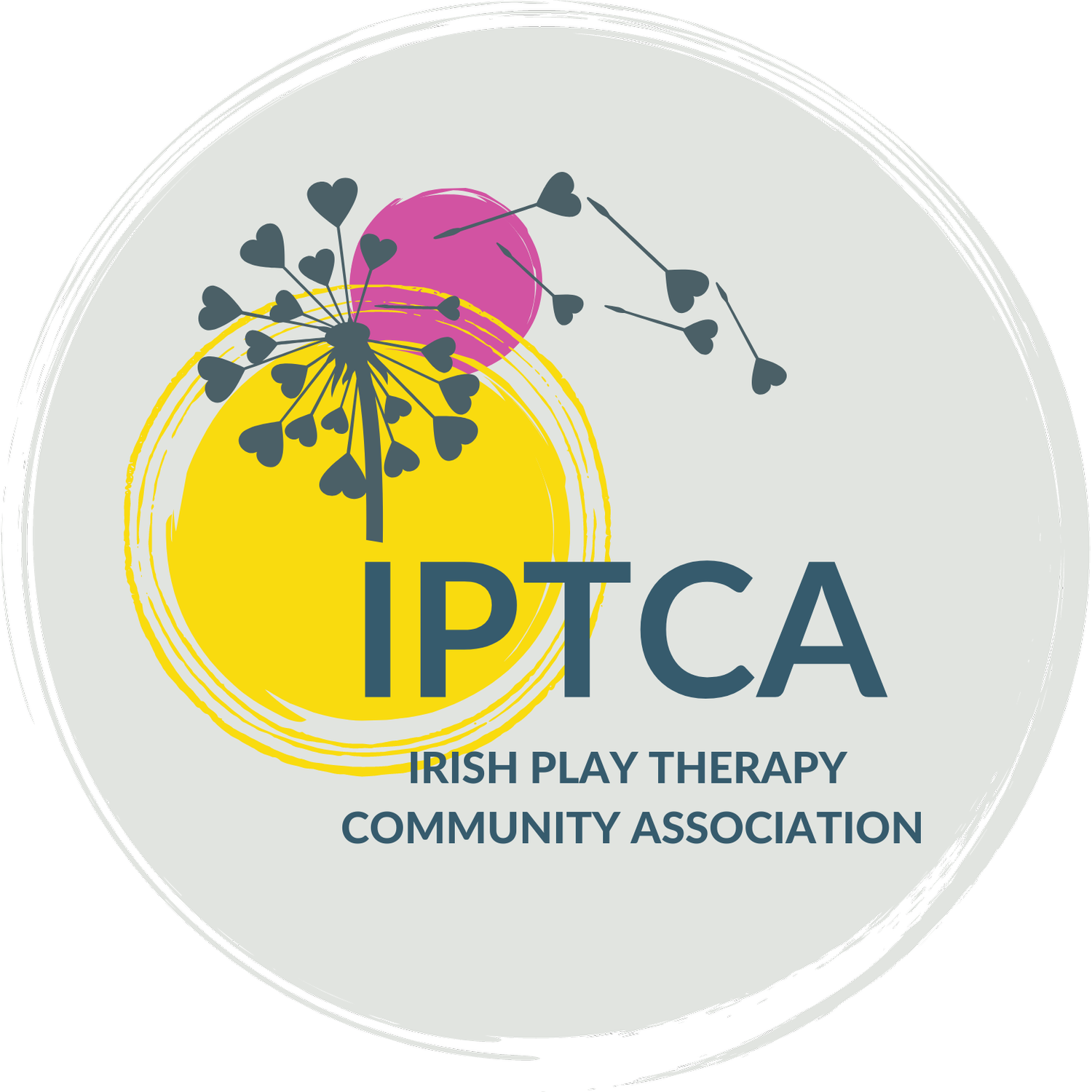What is Play Therapy?
Play Therapy is a type of therapy where play and art materials are used as the main way for people to express themselves.
It can be difficult to express feelings through language, especially if you are struggling to understand how you are feeling. Using play allows people to express themselves using different mediums.
Children can explore their thoughts and feelings in creative and dynamic ways without having to rely on words. The child can use creativity to express themselves in the play room. The child will have the opportunity to use sand tray and miniatures, clay, drawing, painting, puppets, drama, movement and music and much more to explore and express themselves.

Who can benefit from Play Therapy?
Play therapy can be beneficial for children facing a range of challenges, including but not limited to:
- Abuse (physical, emotional, sexual)
- ADHD
- Anger Management
- Anxiety and worry
- Autism Spectrum Conditions
- Behavioural issues
- Bereavement
- Bullying others or being bullied
- Family Separation
- Low self-esteem
- Social skills
How does Play Therapy work?
Play Therapy is non-directive and child-led. The child decides how to use their time in the play room. There are a number of activities available to the child in each session.
• Sand tray and miniatures
• Art and crafts
• Music
• Clay
• Movement and dance
• Puppets
• Dolls
• Games
• Storytelling
• Creative visualisation
The Therapist acts as a facilitator within the sessions, providing security and a safe space for the child to explore their difficulties or concerns through play. Over the course of the sessions, the child and therapist develop a trusting relationship allowing the child to process their concerns while the therapist holds space for them.




